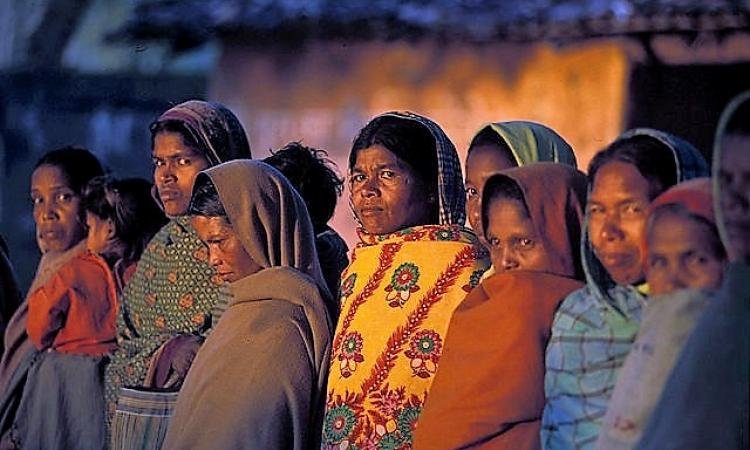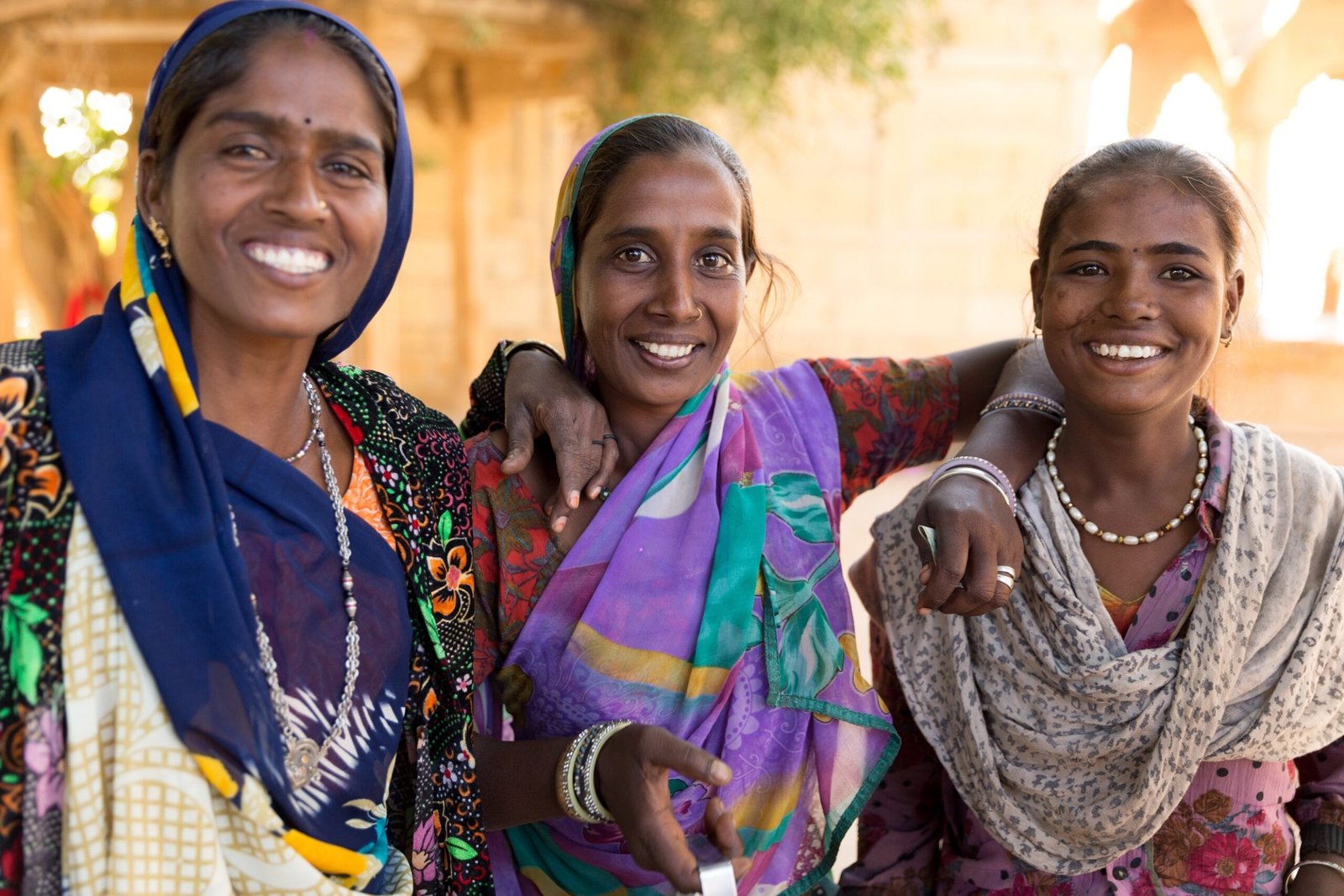Young women in both rural and urban India encounter many difficulties during their menstruation. DGVS addresses and counters every factor of period poverty. We strive for menstrual equity amongst women and girls thereby empowering them. DGVS has worked in a mission mode to end myths, taboos and stigma associated with menstruation and raising awareness on menstruation as a natural and life-giving biological phenomenon so that girls and women can manage their menstruation hygienically with privacy and dignity. DGVS has distributed 25,500 plus sanitary napkin packs and 200 menstrual cups to girls and

Half Of Young Rural Women Use Unhygienic Menstrual Protection
women in rural parts of Uttar Pradesh, Madhya Pradesh, Bihar. DGVS is addressing the gaps and challenges of menstrual hygiene and management for the last women by engaging comprehensively with all key stakeholders. Breaking the culture of shame and silence around menstruation for the last women in rural and slum India and addressing their menstrual hygiene challenges with a Triple A approach on menstrual Access, Awareness and Affordability. DGVS is doing this with the imitative of not just a piece of cloth. Apart from that the organization is known for conducting awareness sessions regarding menstruation and menstrual hygiene. What’s interesting is the fact that the sessions are not only for young girls and women but also for boys and men basically each and every member of the society. DGVS conducts these sessions in Schools, Colleges, Offices, Labour Camps, Jhuggis and all other community set ups – wherever we can get some people. The sessions, in a comprehensive manner, educate the masses on the basics of periods – what it is, in general, why it happens, how to use a sanitary napkin, how to dispose the same, the diet one should focus on during their monthly cycle and more.
Further highlighting the fact DGVS want to make people understand that periods are not something they should be ashamed of. It is a natural process. We should not be afraid of it, rather it should be treated as a superpower as because of the monthly cycle, women in later stages will be able to conceive the baby.
HOW WE HAVE HELPED

BY THE NUMBERS

